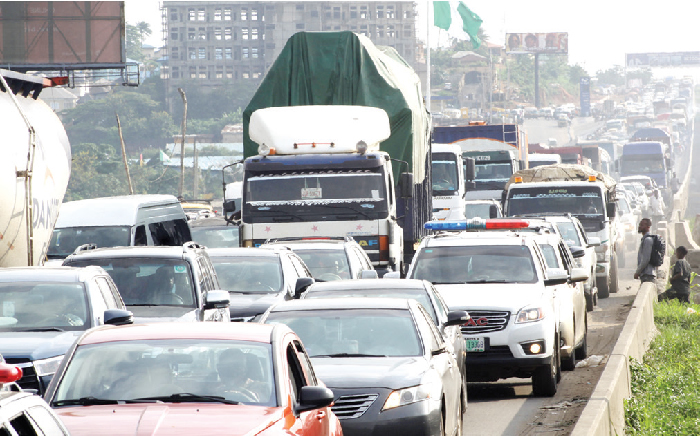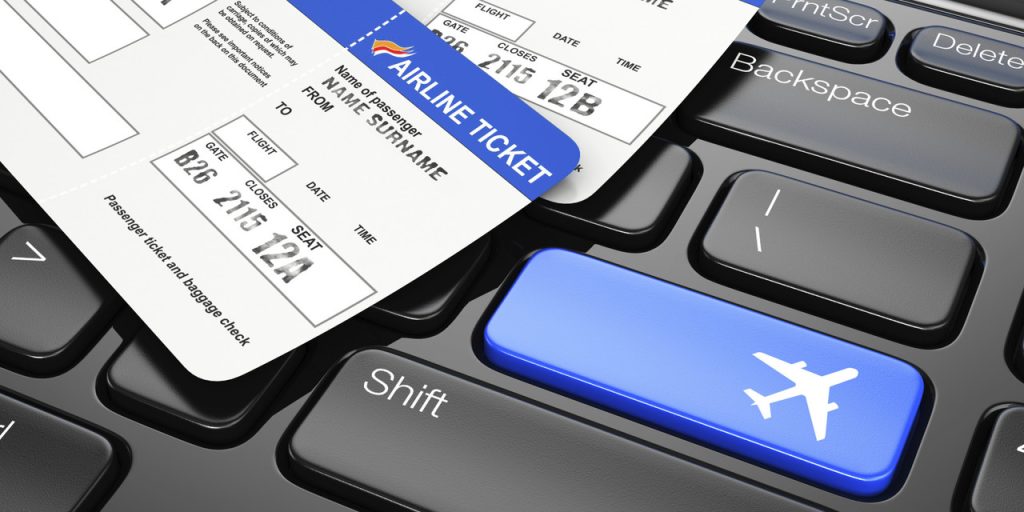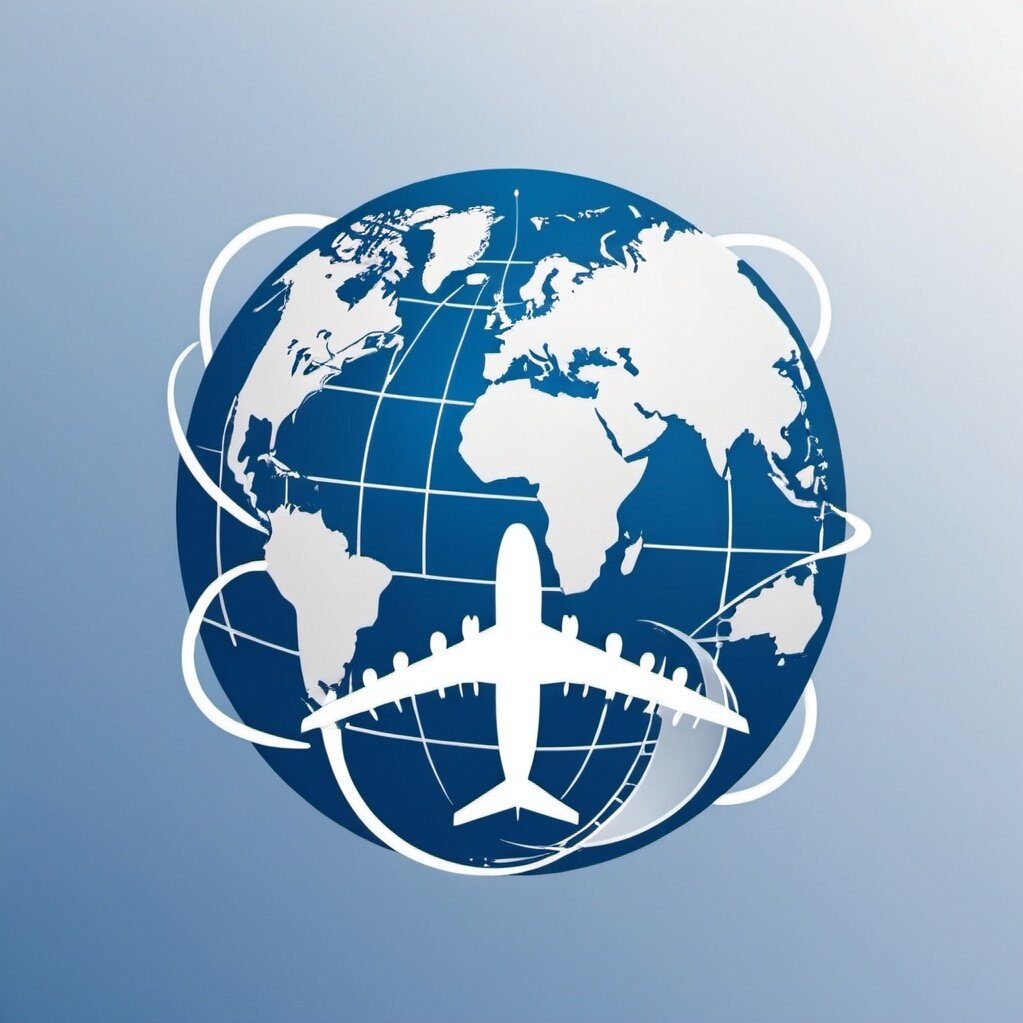
Nigeria, often referred to as the “Giant of Africa,” is a nation brimming with cultural diversity, natural beauty, and an ever-evolving landscape of opportunities. With over 200 million people, it boasts a rich tapestry of ethnicities, languages, and traditions that draw travelers from around the world. However, the recent collapse of the national grid has raised significant concerns—not only for locals but particularly for those planning to travel out of Nigeria. Understanding the impact of this situation is vital for anyone considering international travel, as it affects various aspects of the journey.
Understanding the National Grid Collapse
Nigeria have experienced an alarming national grid collapse that have left much of the country in darkness. This was not an isolated incident; power outages have been a recurrent issue in Nigeria, often attributed to a variety of factors including aging infrastructure, inadequate maintenance, and insufficient investment in the energy sector. However, this is causing widespread disruptions to electricity supply in homes, businesses, and critical infrastructure.

This event exposes the vulnerabilities of Nigeria’s energy infrastructure and highlights the challenges faced by the nation in providing a reliable power supply. The national grid, which is supposed to deliver electricity across the country, has struggled to keep up with demand, leading to a series of outages that have affected daily life. The implications of this event ripple through society, affecting everyday life, economic stability, and travel logistics. For a country already grappling with energy challenges, this collapse highlights the fragility of the national power supply and its far-reaching consequences.
The Broader Context: Why Nigeria’s Power Issues Matter
Understanding the implications of the national grid collapse requires some background on Nigeria’s energy landscape. The country has one of the largest reserves of natural gas in Africa, yet many Nigerians live without consistent access to electricity. This paradox is due in part to systemic issues, including:
- Corruption: Mismanagement and corruption in the energy sector have stymied efforts to improve infrastructure. Funds meant for upgrading power plants and transmission lines are often misallocated, leading to a perpetuation of the crisis.
- Inadequate Investment: While there has been some foreign investment in Nigeria’s energy sector, it is often insufficient to meet the growing demand. Continuous population growth and urbanization have exacerbated the strain on the existing infrastructure.
- Policy Challenges: Regulatory issues have made it difficult for private companies to invest in and improve Nigeria’s energy sector. Frequent changes in government policies can create an uncertain environment for investors.
These issues not only affect Nigerians but also have implications for travelers—especially those leaving the country. A reliable power supply is essential for all sectors, including hospitality, transportation, and healthcare, which are critical for a positive travel experience.
Impacts on Traveling from Nigeria
Traveling from Nigeria during times of national grid instability requires careful consideration of various factors. The effects of the grid collapse manifest in multiple ways, particularly for those planning to leave the country. Here are some key areas to consider:
1. Airport Operations
One of the most immediate concerns for travelers is the potential impact on airport operations. Airports rely heavily on electricity for lighting, baggage handling systems, and various electronic processes involved in check-in and security screening.
- Flight Delays: The failure of the national grid can lead to delays in flight schedules. While airlines often have contingency plans in place, the extent of the disruptions can vary. It is crucial to check the status of your flight frequently, especially on the day of travel.
- Security Checks: Power outages can hinder the efficiency of security processes at airports. Travelers should expect longer waiting times during check-in and security checks. Arriving at the airport well in advance is advisable to account for these potential delays.
- Baggage Handling: With the collapse of power, baggage handling systems may face interruptions. Passengers should remain vigilant about their luggage and be prepared for delays in baggage retrieval upon arrival at their destinations.
- Information Dissemination: Airports rely on electronic displays for providing real-time flight information. In the absence of power, announcements may become the primary method of communication, potentially leading to confusion. It’s wise to stay alert and communicate directly with airline staff for the latest updates.
2. Transportation to the Airport
Traveling to the airport is another aspect that can be affected by power outages. Local transportation services, including taxis and ride-sharing options, may experience disruptions due to the failure of traffic lights and public transport systems.

- Traffic Disruptions: Power outages can lead to traffic chaos, particularly in busy urban areas. If you’re relying on public transportation or taxis, it’s wise to allow for extra travel time. Consider booking rides in advance through reliable apps or local services.
- Alternative Routes: Familiarize yourself with alternative routes to the airport. In case of heavy traffic or road closures, having backup plans can save you from unnecessary stress.
- Personal Safety: If traveling during late hours, prioritize your safety. Use trusted transportation services and ensure your travel plans are communicated to someone you trust. It may also be prudent to avoid less-traveled routes during the night when visibility and safety can be compromised.
3. Communication Challenges
Another significant challenge posed by the grid collapse is the potential for disrupted communication services. Mobile networks and internet connectivity may be affected, complicating travel arrangements.

- Staying Connected: As you prepare to leave Nigeria, ensure you have important travel information saved offline. This includes flight itineraries, hotel reservations, and contact information for your airline and accommodation.
- Emergency Contacts: Keep a list of emergency contacts, including local authorities and your country’s embassy or consulate. Having this information readily available can be crucial in case of unexpected situations.
- Backup Plans: Consider using alternative communication methods, such as satellite phones or offline messaging apps, which can work without a stable internet connection. Additionally, familiarize yourself with public places that offer Wi-Fi, so you can check for updates if your mobile service is disrupted.
4. Health and Safety Preparations
The national grid collapse also raises concerns about health and safety, especially for travelers. Healthcare facilities may struggle to maintain operations during power outages, making it essential to be prepared.
- Emergency Services: Before departing, familiarize yourself with local hospitals and their capabilities. Research medical facilities that are equipped to handle emergencies, especially if you plan to travel to remote areas.
- Travel Insurance: Ensure you have comprehensive travel insurance that covers medical emergencies. This provides peace of mind and can facilitate access to necessary medical care during your travels. Check if your insurance covers evacuation in case of severe emergencies.
- Vaccinations and Medications: Depending on your destination, ensure you are up to date on vaccinations and have an adequate supply of any necessary medications. Carry prescriptions and health documentation with you. It’s also wise to bring a small first aid kit for minor emergencies.
The Resilience of Nigerian Travel
Despite the challenges posed by the recent national grid collapse, Nigeria’s travel sector has demonstrated remarkable resilience. Many hotels, travel agencies, and local businesses are well-prepared for power outages and have adapted their services to meet the needs of travelers.

- Backup Power Solutions: Many hotels and lodges in Nigeria have invested in generators, inverters, or solar panels to maintain operations during power outages. This ensures that travelers can enjoy basic amenities and a comfortable stay.
- Adaptable Travel Services: Tour operators and travel agencies have also adapted by providing flexible itineraries that can accommodate potential disruptions. Engaging with local guides who are familiar with the area can enhance your experience and help navigate any unexpected challenges.
- Local Innovations: Many businesses have embraced innovative technologies and practices to remain operational during outages. For instance, some hotels offer charging stations powered by solar energy, ensuring that guests can stay connected. Restaurants may have backup systems to continue serving customers, even when the grid is down.
Tips for Traveling from Nigeria
Traveling out of Nigeria during times of national grid instability can be managed effectively with proper planning and awareness. Here are some tips to ensure a smooth travel experience:
1. Stay Updated
Monitoring local news and travel advisories is crucial. Power situations can change rapidly, and staying informed allows you to adjust your travel plans as needed.
- Social Media and Apps: Use social media platforms and travel apps to get real-time updates on flight statuses and local conditions. Follow your airline and local news outlets for the latest information.
- Travel Advisory Services: Check with your country’s embassy or consulate for travel advisories and safety information regarding Nigeria and your destination. They can provide essential guidance about current conditions and safety measures.
2. Plan Ahead
Booking your flight tickets and accommodations in advance is essential, particularly during periods of uncertainty.

- Confirm Travel Arrangements: Re-confirm your travel arrangements a day or two before departure. This includes checking flight times, terminal information, and hotel reservations.
- Flexible Bookings: Consider airlines and hotels that offer flexible booking options. This can provide peace of mind in case of any changes or delays. Review the cancellation and rebooking policies to ensure you understand your options.
3. Prepare for Connectivity Issues
With the possibility of disrupted communication services, it’s wise to prepare for connectivity challenges.
- Portable Chargers: Bring portable chargers and power banks to keep your devices charged, especially if you’re using them for navigation or communication.
- Offline Resources: Download important documents, maps, and travel guides to your device before you leave. Having this information readily available can be a lifesaver in case of connectivity issues.
- Print Important Documents: In addition to digital backups, consider printing essential documents such as your itinerary, reservation confirmations, and emergency contact information. This way, you have a physical copy should your devices fail.
4. Be Flexible
A flexible travel itinerary can help mitigate the stress of unexpected changes. Embrace the uncertainty that comes with traveling during a power crisis.
- Alternative Plans: If your initial travel plans are disrupted, having alternative plans in place can help you adapt. Research nearby attractions or accommodations that may offer better conditions.
- Local Insights: Engage with local guides or travelers who have experience navigating the current situation. Their insights can provide valuable information and help you make informed decisions.
- Mindset: Travel is often about embracing the unexpected. Maintaining a positive and adaptable mindset can turn challenges into opportunities for unique experiences.
Conclusion
While the recent national grid collapse in Nigeria presents challenges, it also highlights the resilience and adaptability of the country’s travel sector. For those traveling out of Nigeria, understanding the implications of this situation is essential for ensuring a smooth journey. With careful planning, awareness, and flexibility, travelers can navigate these hurdles and create memorable experiences—both in Nigeria and beyond.
As you embark on your journey, remember that every travel experience, even the challenging ones, contributes to personal growth and understanding of different cultures. Embrace the opportunity to explore the rich diversity of Nigeria, connect with its people, and learn from the resilience that defines this remarkable nation. Whether you’re venturing to nearby countries or far-off destinations, your travels will be enriched by the stories you gather along the way.
Additional Considerations for Future Travelers
For those contemplating travel to Nigeria in the future, understanding the socio-political landscape and how it interacts with travel logistics is crucial. Awareness of local customs, safety concerns, and the unique characteristics of Nigerian society can greatly enhance the travel experience.
- Cultural Etiquette: Familiarize yourself with local customs and etiquette. Understanding cultural norms can facilitate better interactions with locals and create a more enjoyable travel experience.
- Local Events and Festivals: Nigeria is home to numerous festivals that celebrate its rich cultural heritage. Check the local calendar for events that might coincide with your travel dates, offering a chance to engage with the local community.
- Diverse Destinations: From the bustling markets of Lagos to the serene landscapes of the Obudu Mountain Resort, Nigeria offers a variety of destinations that cater to different interests. Whether you’re an adventure seeker, a history enthusiast, or a foodie, there’s something for everyone.
- Environmental Considerations: With growing awareness of environmental issues, consider supporting eco-friendly initiatives during your travels. Many local businesses are committed to sustainable practices, and supporting these efforts can contribute to positive change.
In summary, the challenges presented by the national grid collapse in Nigeria are significant but manageable with proper planning and awareness. By taking proactive steps and maintaining flexibility, travelers can still enjoy the unique experiences that Nigeria has to offer while preparing for their journeys abroad. Your adventure awaits, filled with the potential for discovery and personal growth. Safe travels!
